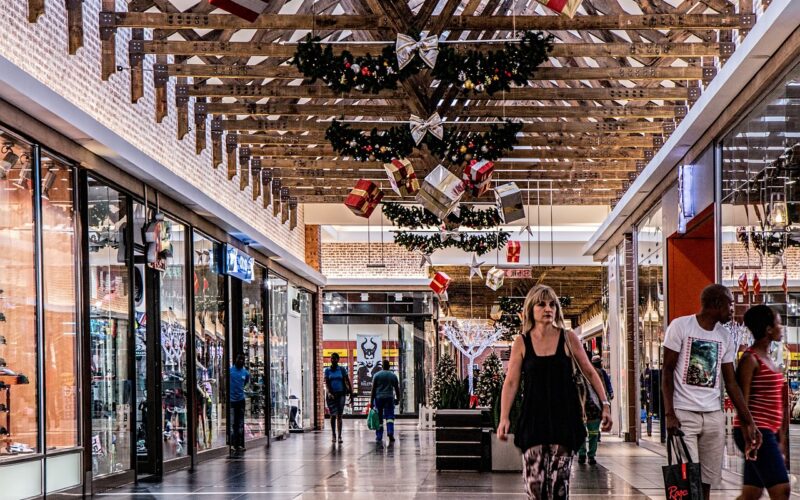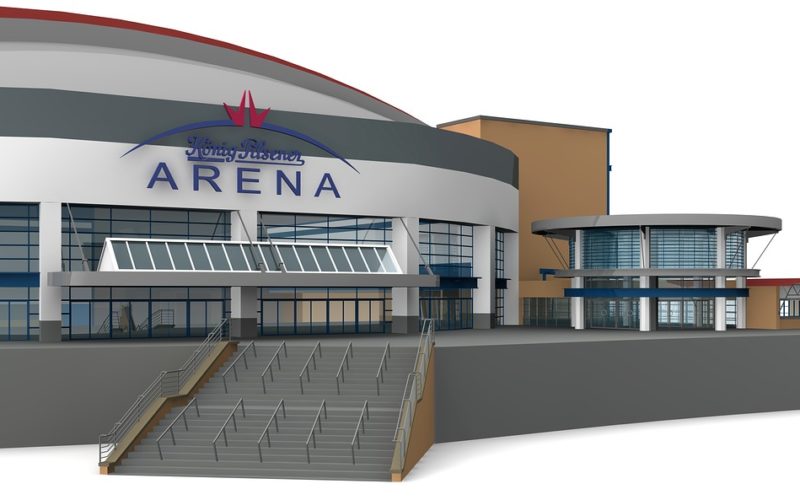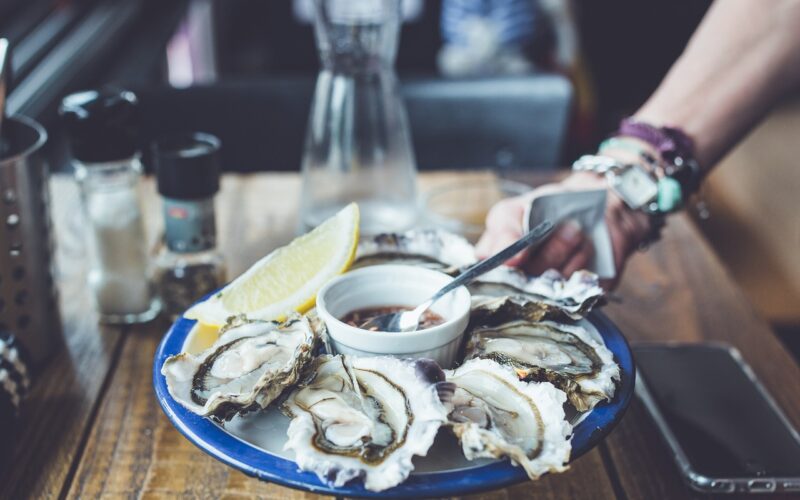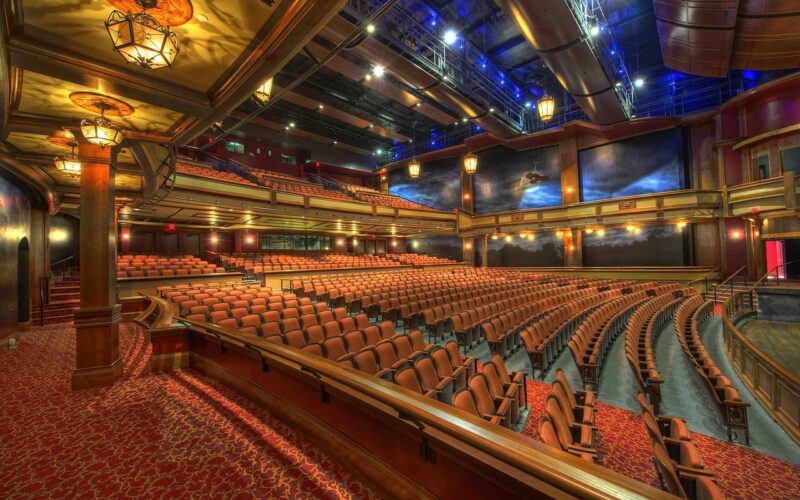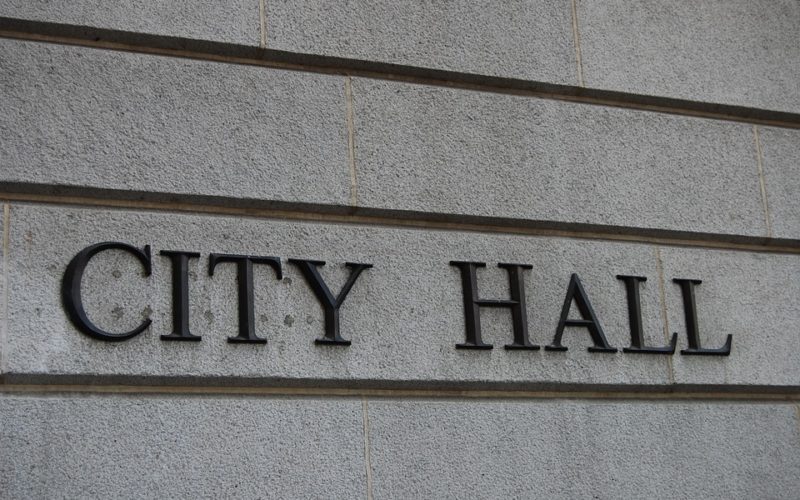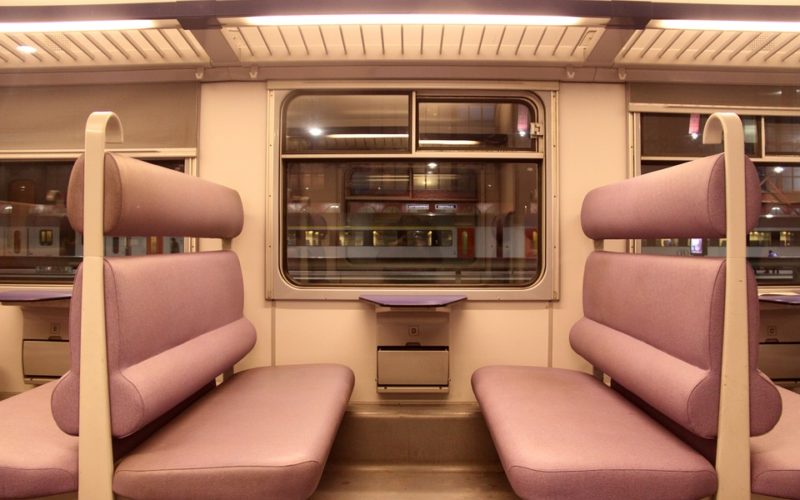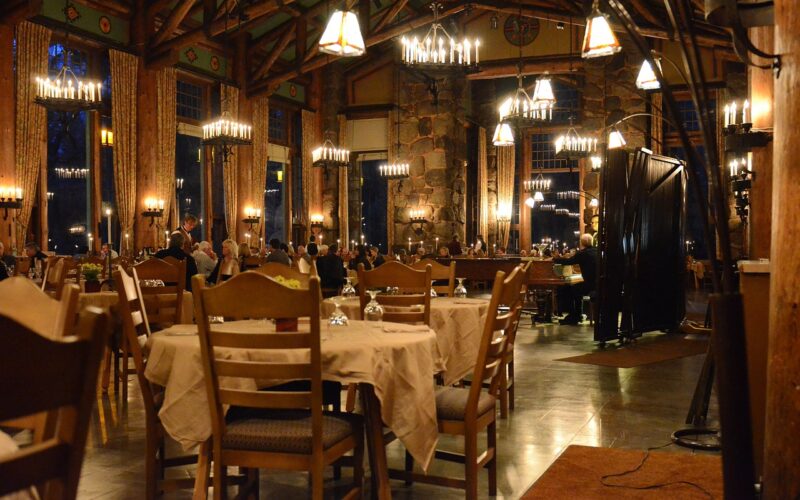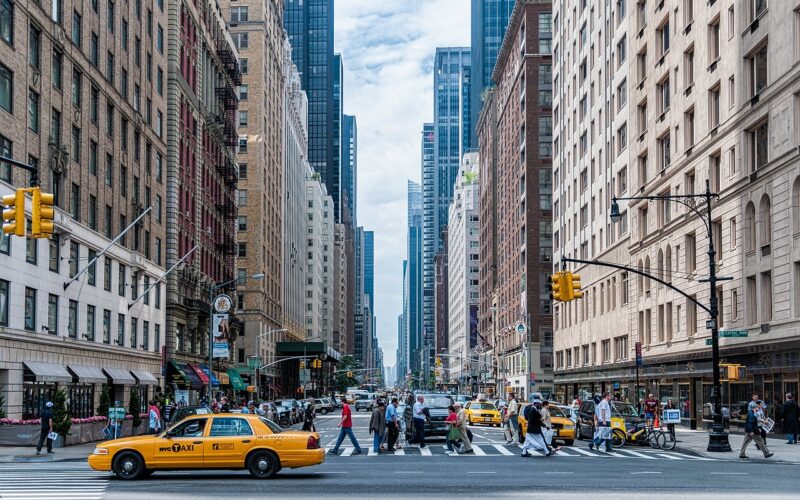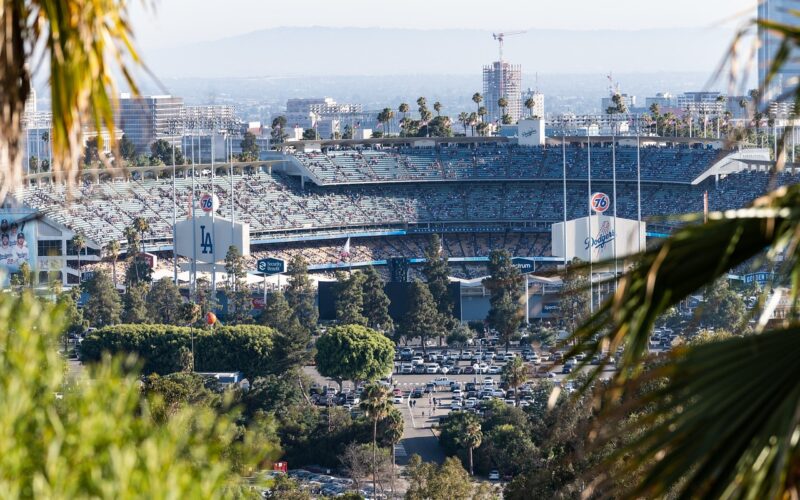More Than Just Retail
In the modern landscape of retail, out-of-town shopping centres have grown into more than mere hubs for purchasing goods; they have transformed into vibrant centres of entertainment, offering a multifaceted experience that reaches far beyond the traditional concept of shopping.
Shopping centres as entertainment hubs
Out-of-town shopping centres have evolved significantly since their inception, primarily due to changing consumer demands and economic shifts. Initially designed as destinations meant to provide convenience and variety under one roof, these sprawling complexes have recognised the importance of offering a holistic experience to visitors. Responding to the trend where shopping is intertwined with leisure and entertainment, centres now incorporate a diverse array of amenities, making them attractive destinations for a broad demographic looking for an engaging day out.
The diverse entertainment options
Entertainment within these centres isn't confined to movie theatres and food courts anymore. Today, they boast a range of activities that cater to different interests and age groups. From children's play areas, gaming zones, and arcades to live music venues, exhibitions, and cultural events, there is always something happening to capture the attention and imaginations of visitors. Seasonal events, such as holiday-related festivities or fashion shows, add a dynamic layer to the already rich tapestry of experiences available.
The role of dining and cuisine
The gastronomic offerings at out-of-town shopping centres are a significant part of the visitor experience. An exotic array of options allows consumers to travel the world through taste, from fast-food favourites to gourmet restaurants and international cuisine. Dining has become an integral part of the entertainment value, often with eateries hosting their live music, themed nights, and culinary workshops that offer both sustenance and amusement.
The impact on local economies
The expansion of services to include entertainment has positively impacted local economies. These centres draw customers from across regions, boosting revenue and, consequentially, job opportunities. They provide a diversified economy that is less reliant solely on retail, making it more resilient to changing market trends and consumer purchasing behaviours. Job roles have also diversified, with opportunities ranging from retail and hospitality to event management and security services.
The social experience and community aspects
Shopping centres have traditionally been social spaces, but the addition of entertainment options further strengthens the community feel. They become the locus for community gatherings, social interactions, and shared experiences. Spaces within these centres are often utilised for charity events, local fairs, and school holiday programs, making them communal anchors that offer more than just a place to shop but where local identity and cohesion are fostered.
The future
In an era where online shopping is on the rise, out-of-town shopping centres must continually adapt to survive and thrive. The integration of entertainment ensures that these venues remain relevant by offering experiences that cannot be replicated online. Looking ahead, we may see a further blurring of lines between retail, leisure, and entertainment as shopping centres reinvent themselves in novel ways to maintain their appeal in the digital age.
The evolution of out-of-town shopping centres into mixed-use entities that emphasise entertainment alongside retail is a reflection of changing consumer desires and the necessity for physical spaces to deliver unique, unforgettable experiences that go beyond basic shopping needs.
